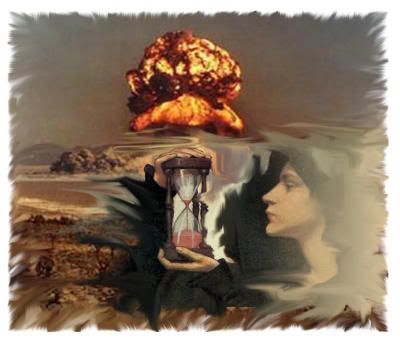Global Nuclear Energy Partnership:
Setting back the clock on plutonium reprocessing.
In his State of the Union Address, President Bush may be preparing to set back by thirty years US policy on plutonium reprocessing. Articles in the energy trade press report that the Department of Energy is about to reveal a new program called the Global Nuclear Energy Initiative, or GNEI (pronounced genie, of course)<1> or Global Nuclear Energy Partnership.<2> There have even been some hints that President Bush will unveil the Global Nuclear Energy Partnership in the State of the Union Address on 30 January 2006.
The Administration is not letting out much information on the Global Nuclear Energy Partnership, so details are sparse. Part of the program may significantly enhance global counterproliferation by effecting proposals made by International Atomic Energy Agency (IAEA) Director General Mohammad ElBaradei. Specifically, the Global Nuclear Energy Partnership may include initiatives to establish an international enriched uranium bank so that non-nuclear nations do not need to develop uranium enrichment capability and it might establish a few global nuclear waste repositories so inventories of plutonium-laced nuclear waste do not accumulate in non-nuclear weapons states.
Unfortunately, the Global Nuclear Energy Partnership will also include calls for restarting plutonium reprocessing in the United States. Plutonium reprocessing was tried and abandoned in the U.S. because it was expensive and increased the global availability of plutonium, which can be used in nuclear bombs. Some other countries, at great expense, continue reprocessing. It has been US government policy to set an example against reprocessing because of the nuclear weapon proliferation danger.
Natural uranium is made up of atoms of two slightly different masses, so-called isotopes. More than 99% is uranium-238. The remainder is uranium-235 and it is this lighter and rarer form of uranium that can power a nuclear reactor. For most types of nuclear reactors, natural uranium must have some of the uranium-238 stripped out to increase the relative concentration of uranium-235 before the reactor will operate. Current nuclear reactors require uranium that is about 5% uranium-235.
http://www.fas.org/main/content.jsp?formAction=297&contentId=525